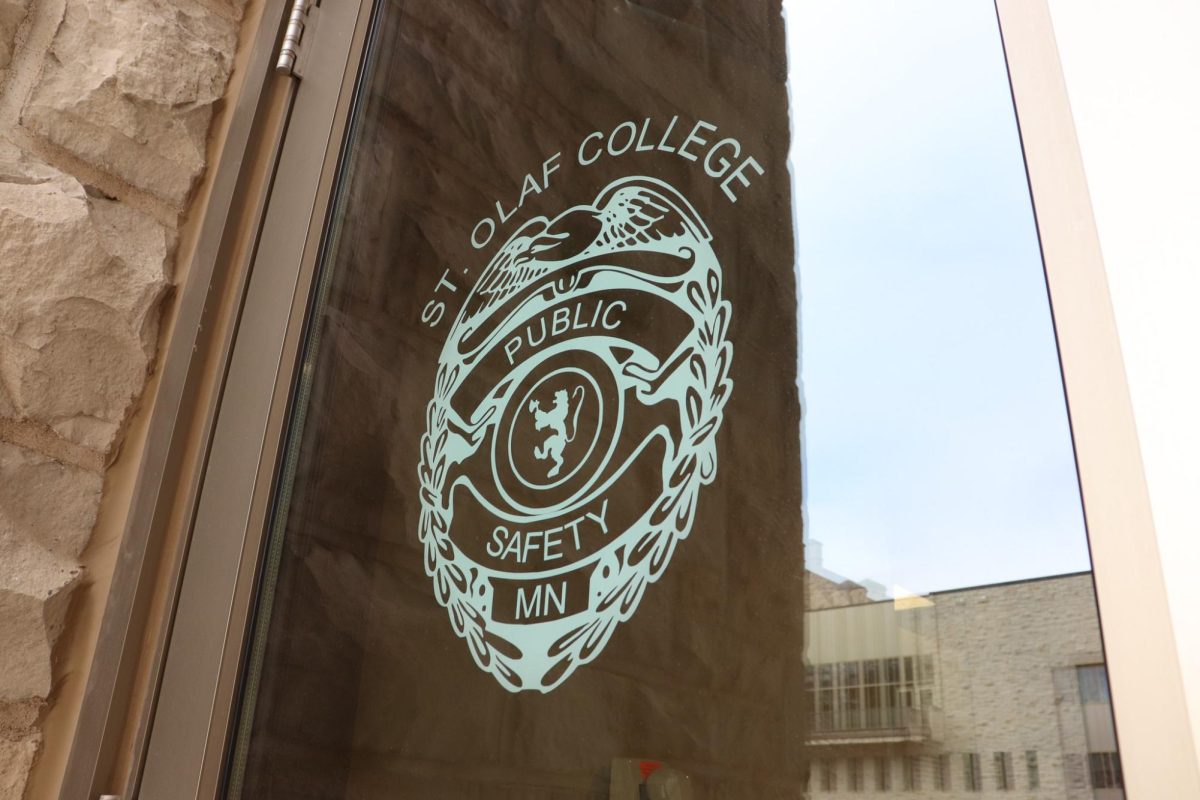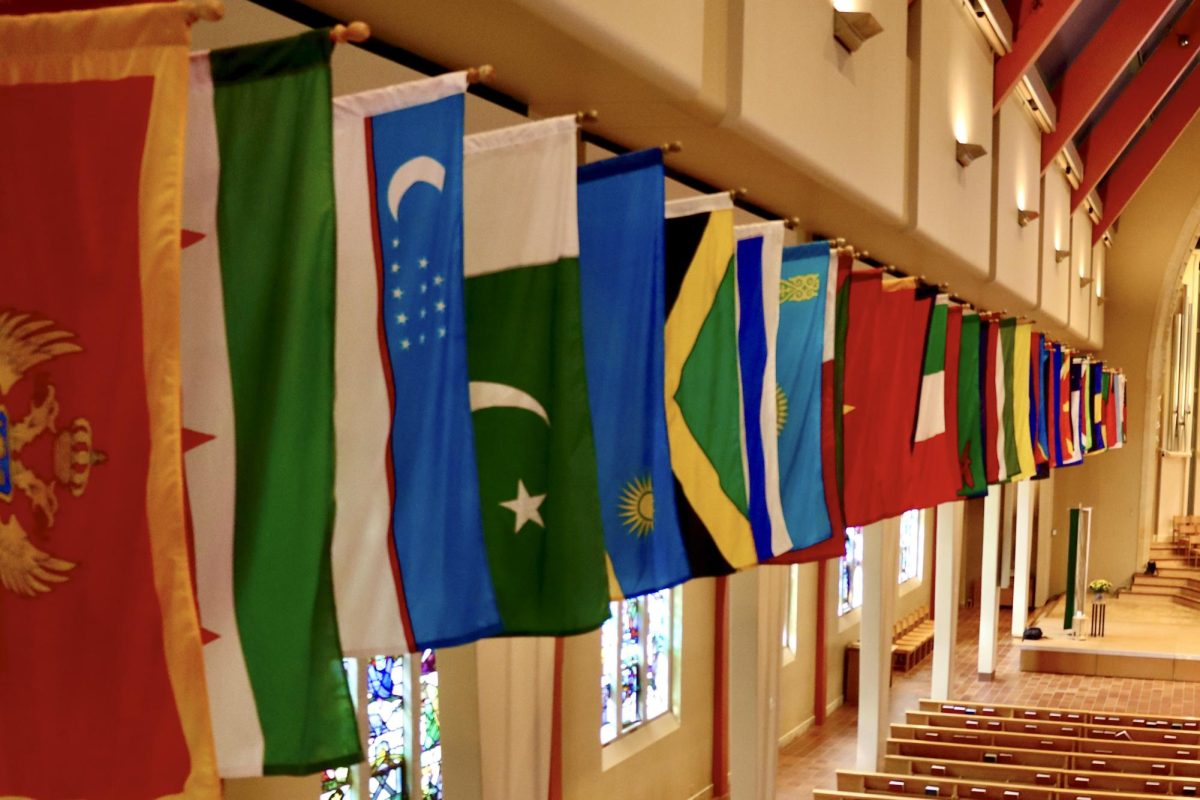Traci Burch lectured in Viking Theatre on Monday, April 20, offering a perspective on the detrimental effects of mass incarceration in the United States.
Burch is an associate professor of political science at Northwestern University and a research professor for the American Bar Foundation. Her lecture, “Mass Imprisonment: Consequences for Society and Politics,” was sponsored by the political science student group Pi Sigma Alpha as well as the Institute for Freedom and Community. Given the prominence of police brutality as a topic in the news media, the groups selected Burch as the speaker to give the spring lecture for Pi Sigma Alpha.
Her lecture focused primarily not on police brutality itself, but rather on the way mass incarceration of young black men has been institutionalized into the criminal justice system in America. Burch’s research examined the ways in which the system is slanted toward certain groups and areas.
“It is both demographically and geographically concentrated,” she said. “As many of 10% of residents in disadvantaged communities are in prison at any given time.”
Burch illustrated that there are “communities that are prone to incidences of mass incarceration,” displaying maps with shading to represent black density black people per square mile superimposed over a map with prisoner density prisoners per square mile. Her research showed that prisoner density can even be drastic within specific neighborhoods, showing that one area in Georgia had a prisoner density of 470 prisoners per square mile.
Olivia Slack ’15, member of the executive board of Pi Sigma Alpha, helped to organize the lecture and contact Burch. She described the data sets with the juxtaposed maps as visually jarring and discussed how it was a distinct and understandable way to see the connection rather than simplyhearing about it. She praised Burch’s lecture, saying, “Her research is very clear and accessible by people that are not political science majors and people not knowledgeable on the topic.”
Following this, Burch enumerated the various consequences of mass imprisonment: crime, disease, difficulties with familial relationships and lack of political representation for the imprisoned. To highlight the effects beyond crime rate and incarceration, Burch discussed familial structure and the way children are adversely affected by this phenomenon as well as our political system.
“Individual offenders and their treatment are not the only factors that matter when we look at criminal justice policies,” Burch said. She argued that the problem within the criminal justice system is not merely police brutality, but rather it is an institutionalized issue.
Slack was also intrigued greatly by these detrimental effects.
“It’s a huge issue, and I especially was surprised by her point about how 20% of black men in Florida had been incarcerated,” she said. “If you’re a felon, you can’t vote, and that has huge political importance. If 20% of the black male population can’t vote, that’s voter suppression in a way. I don’t think people usually think of imprisonment as another form of voter suppression.”
Burch concluded her lecture by imploring students and faculty to consider the ways in which we might change the system to better the lives of people in disadvantaged communities by bettering conditions in and out of prison. Burch asked the audience, “Are there ways, for instance, that we might revise penal policies to decrease infectious disease within prisons?”
Additionally, she discussed simpler ways the system can be fought at a grassroots level by fostering things like stability in disadvantaged neighborhoods through creating friendships and trust within communities.
Overall, the lecture was received well through the St. Olaf community in both the political science community as well as the general student and faculty population. Slack described the reactions to Burch as typically positive and additive to the ongoing campus discussion of race and politics in the United States.





